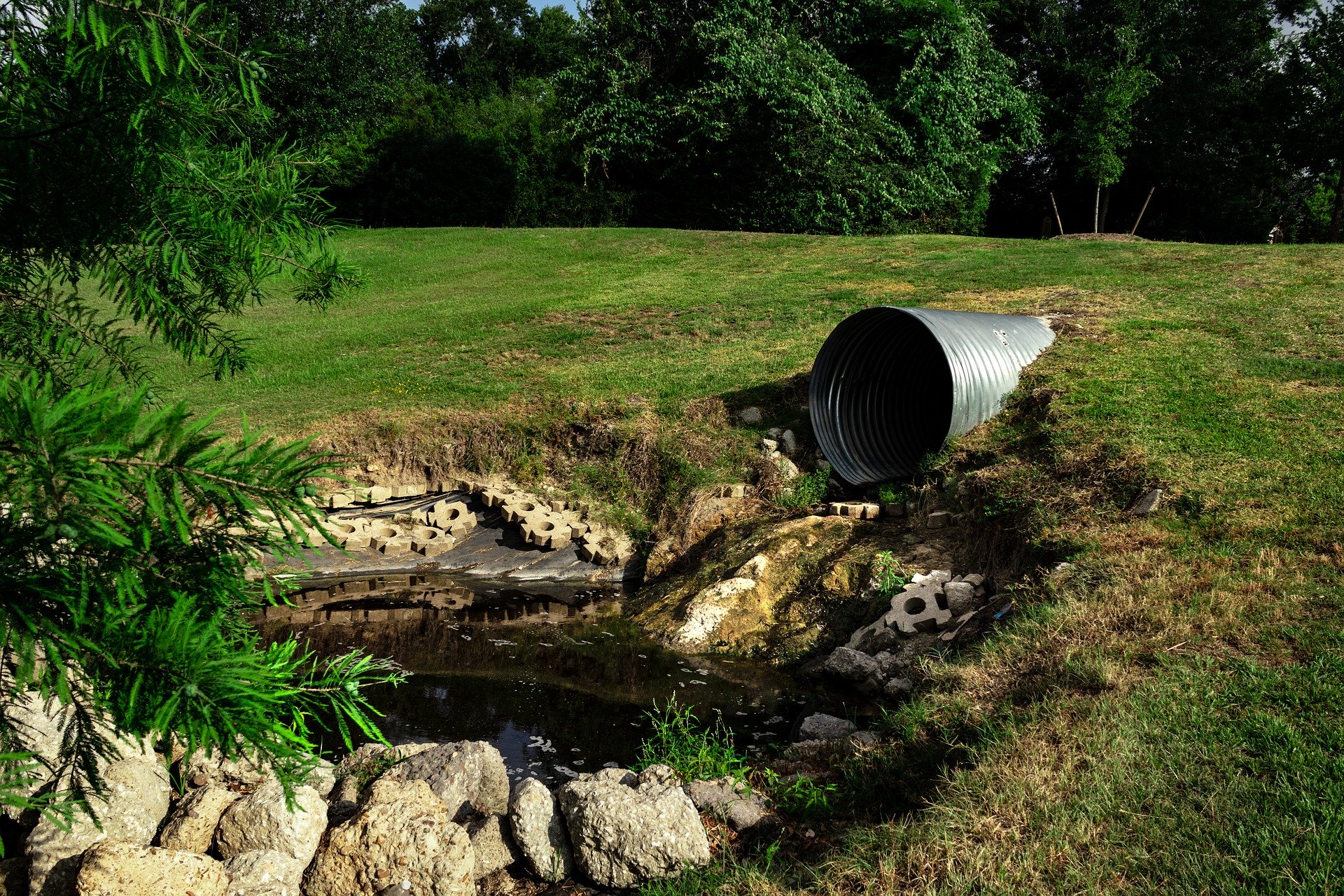In response to the COVID – 19 pandemic CAPPA has been evaluating its projects and processes to see how the centre could help contribute against the fight against COVID – 19. CAPPA is involved in a project with Labskin, which has been adapted to focus on detecting COVID – 19 in real time in wastewater after previously developing methods to monitoring pathogens such as E.coli in wastewater.
Five years ago, Labskin started talking about how microfluidics, photonics and artificial intelligence could be blended together in a platform that had the potential to identify pathogens in fluids in real time. Labskin began this project gathering a team of physicists, engineers and microbiologists to begin work on three main pathogenic targets: Malaria in blood, mastitis in milk and E.coli in water. Labskin received funding provided by Enterprise Ireland and the Environmental Protection Agency (EPA) and began work with the University of Cambridge, whose input focused on engineering, the Centre for Advanced Photonics and Process Analysis (CAPPA), whose input focused on photonics and Rinocloud whose input focused on artificial intelligence. The remote automated water (RAW) test was then launched successfully. This project involved international cooperation from partners in Ireland, UK, China and the US.
The knowledge that was accumulated on this project is now being amplified and focused on a new mission to identify SARS – CoV-2, the virus that causes COVID – 19. The project consortium is now aiming to adapt the RAW test platform to detect and identify the virus in wastewater in real time. The team of physicists at CAPPA is adapting the RAW test platform to generate a greatly enhanced photonics signal to constantly monitor the chips. As soon as the virus binds, the data generated is being picked up immediately by the artificial intelligence to signal that COVID – 19 is present in the sample and to predict the size of the cluster.
You can learn more about how CAPPA is contributing to research around COVID – 19 here and about the research projects CAPPA are involved in here.


